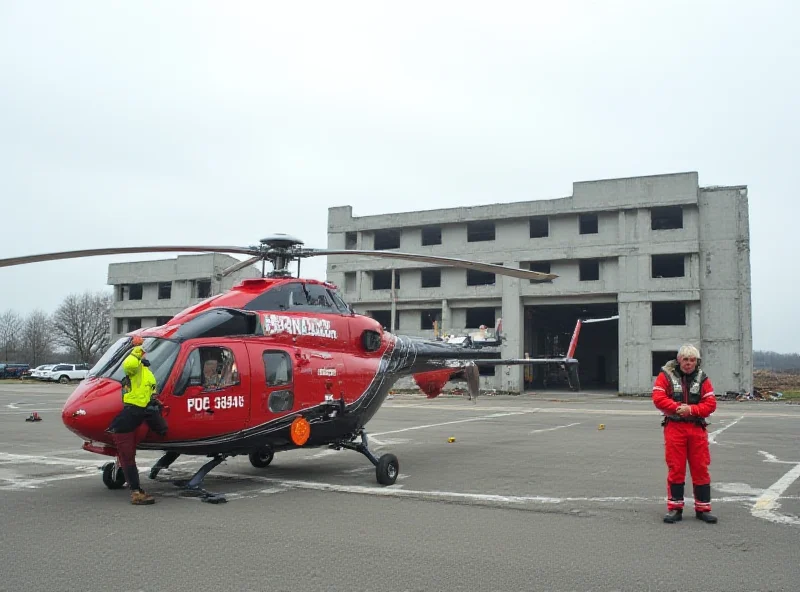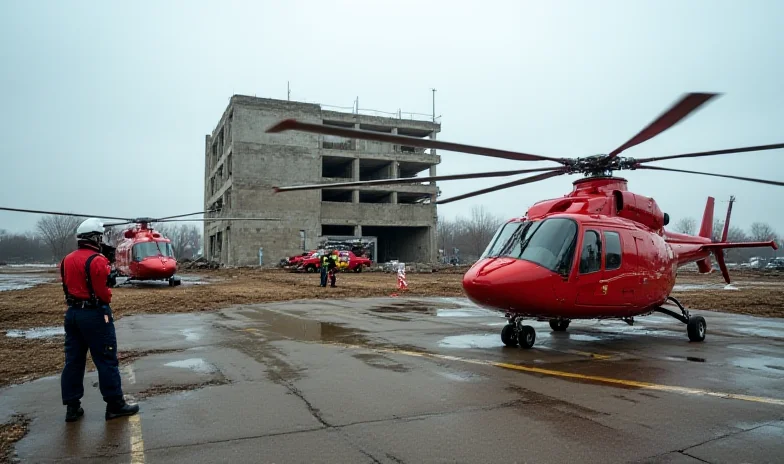The world of healthcare faces numerous challenges, from infrastructure shortcomings to emerging infectious diseases and environmental hazards. Recent reports shed light on several critical health issues demanding urgent attention.
Rescue Delays and Infrastructure Failures
In one region, the construction of a crucial heliport has been repeatedly delayed, leaving rescue teams increasingly frustrated. This delay means that helicopters cannot efficiently transport patients to the hospital, potentially jeopardizing lives. "The situation has been critical for a decade," a local rescuer stated, highlighting the long-standing nature of the problem. The lack of a functional heliport underscores the importance of investing in essential healthcare infrastructure.

A Patient's Horrifying Ordeal
One woman, Zoe Woodward, endured a nightmare scenario following a botched surgery. She spent six agonizing hours in A&E, suffering from severe internal bleeding. Adding insult to injury, doctors discovered a cotton swab sewn into her belly button. The ordeal left her needing "more morphine than an end of life patient," she recounted. Despite the severity of the incident, Woodward has yet to receive a clear explanation of what went wrong during her operation. This case highlights the importance of patient safety and accountability within the healthcare system.
Bird Flu and Public Health Turmoil
Experts are increasingly worried that ongoing turmoil within public health organizations could hinder efforts to combat the spread of bird flu. At a recent pandemic preparedness symposium in La Jolla, panelists expressed concerns that federal instability is slowing down the race to detect human-to-human transmission of the evolving virus. "We need a coordinated, well-funded response to effectively monitor and contain potential outbreaks," one expert warned. The ability to quickly identify and respond to emerging infectious diseases is crucial to preventing widespread pandemics.

Hanoi's Toxic Air Crisis
Meanwhile, in Vietnam, residents of Hanoi are struggling with dangerously high levels of air pollution. For the past three months, the Vietnamese capital has consistently ranked among the world's most polluted cities. The toxic air poses a significant threat to public health, increasing the risk of respiratory illnesses and other health problems. Addressing this environmental crisis requires concerted efforts to reduce emissions and improve air quality monitoring.

These stories, while diverse, share a common thread: they underscore the urgent need for improvements in healthcare infrastructure, patient safety, pandemic preparedness, and environmental protection. Addressing these challenges is essential to ensuring the health and well-being of communities around the world.
